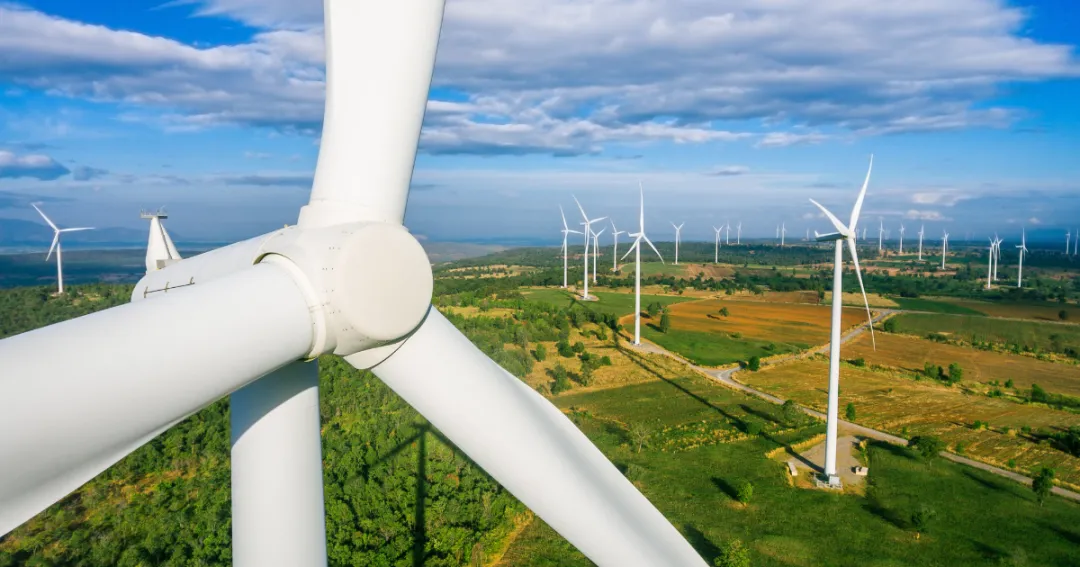New research highlights rural communities’ role in Europe’s green transition
- Rural Pact
- Rural Revitalisation Platform
- Resilient rural areas
- Energy
- Nature and environment
- Climate
Nordic rural communities are set to play a central role in Europe’s green transition – especially in energy production – but current top-down approaches risk alienating these very communities and growing a sense of powerlessness, a new study claims.

Image by Nanostock on Canva
The paper, published by Nordregio researcher Hilma Salonen in the Science of the Total Environment journal, argues that while rural areas have considerable potential as suppliers of renewable energy and ecosystem services, policies often overlook local capacity, consent, and benefit sharing. It highlights that without stronger recognition of rural voices and rights, efforts to harness green energy may lead to social friction, environmental trade-offs, and reduced policy legitimacy.
The study calls for:
- Empowerment of rural governance: ensure that decision-making over energy infrastructure involves local actors from the very start.
- Fair benefit sharing: local communities must receive tangible returns – economic, social, or infrastructural – from green projects situated in their areas.
- Strengthened legal safeguards: these should protect rural environments and ensure energy developments do not degrade local ecosystems or traditional land uses.
- Inclusive planning and transparency: green policies must allow room for input, objections, and adaptation from local stakeholders.
The paper concludes that the green transition’s legitimacy and effectiveness depend on treating rural communities not as passive ‘resources’ but as active partners whose knowledge, needs, and rights are integral to sustainable change.
The article draws on work of the Nordic Thematic Group on Green and Inclusive Rural Development in the Nordics (2021–2024) and the policy brief ‘Between standouts and handouts’.
Explore the latest Rural Pact resources on energy and connect with peers through the online discussion group on energy transition.